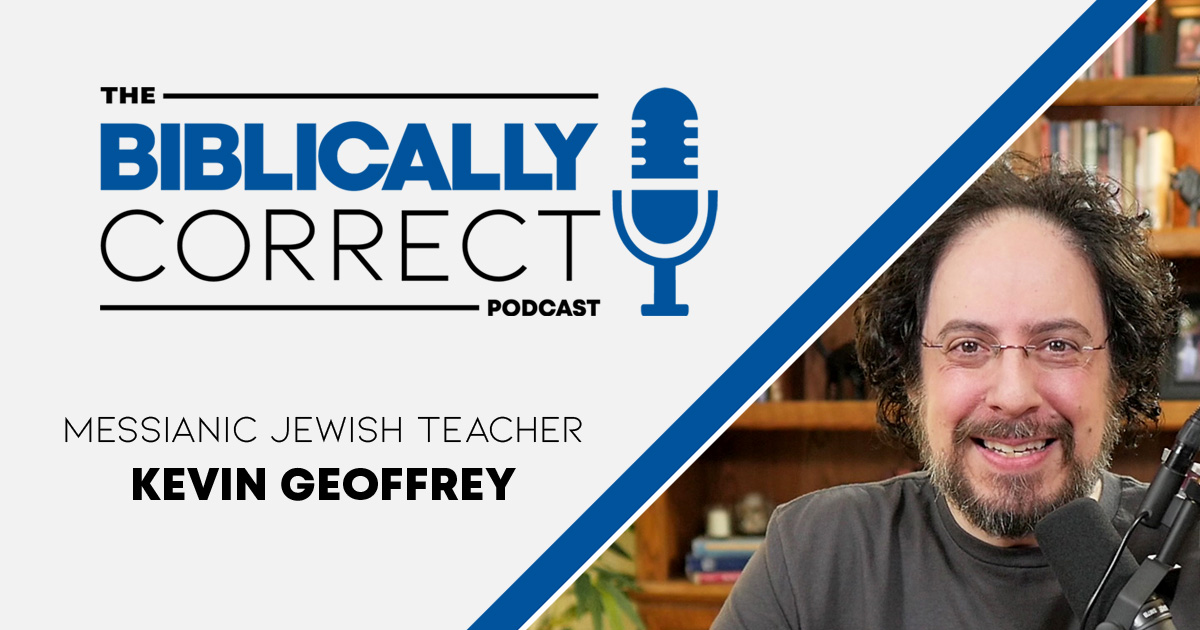Which Bible Version Has the Right Translation?
Many believers aren’t particularly discriminating when it comes to choosing a Bible translation. We’ll often choose one because we like the way it reads, or because it’s the version our pastor or rabbi uses—making it easier to follow along during the sermon—or simply because someone told us it was good, based on any number of criteria. All of these reasons are certainly worth considering, but the problem is that not all Bible translations are created equal. There is a great deal going on in the background in each Bible version that isn’t always obvious to us as end-users.
To begin with, all Bible translations are translated from different original-language manuscripts. These are the thousands of ancient, handwritten copies of the Bible that have been preserved or discovered over time—anywhere from tiny fragments, to entire books. And since, to our knowledge, no original biblical manuscripts have survived, we have to rely on these copies for an accurate depiction of what the Hebrew and Greek Scriptures say. This means we need to have a high degree of trust in the accuracy of these copies long before we even get to translation. And the good news is, we can trust them, given the sheer number of manuscripts we have.
As far as the Hebrew Scriptures are concerned, there is essentially only one manuscript compilation that is used for virtually every Bible translation. For the overwhelming majority of the text, the Hebrew upon which all our English translations are based is the same. Unfortunately, the same can’t be said of the manuscripts underlying the New Covenant Scriptures. This has been the source of considerable debate and disagreement, and, for many, a determining factor in which Bible version they ultimately use. (Watch or listen to the full teaching for more detail.)
With manuscripts in hand, translators then begin making choices for their translations. These decisions are based on the reasons or agendas they may have in creating a new translation—and not always to make the translation more accurate, but sometimes to accommodate those who the translators feel require a different style of translation. The problem with this approach is that the further we get away from the actual words of the original text, the less translating is going on, and the more the translators are interpreting what the original authors said. They attempt to tell us what they think the original authors meant using language the translators think we will best understand.
These different ways of translating fall along a spectrum, which spans three basic translation approaches. First, in a word-for-word translation, the goal is to be as literal as possible, maintaining the original text on a word-for-word basis. The more literal the translation, the more accurate it is compared to the original. Second, a thought-for-thought translation is more liberal, in which the translator tries to convey the ideas of the text, rather than sticking rigidly to each individual word. Finally, a paraphrase version relies more heavily on the thoughts of the translator himself, in which he feels free to interpret at will, adding or changing whatever he feels will help the text convey the meaning he chooses for his audience. So some bible translations are more literal than others, some more paraphrasing than others, and many of them blending different approaches, depending upon their translation goals, or the needs of any given verse or passage.
Did this post bless you?
♥
The question, then, is which version of the bible has the right translation? Taking into account the source material (which manuscripts are used), as well as the translation methods that are employed and the goals of the translators, it’s not so much a matter of determining which translation is right, but which one most closely preserves the literal, actual word of God.
Our spiritual forefathers did us an invaluable service by getting the Book into our hands, so that each one of us could read the word—unfiltered—for ourselves. We must not squander that gift by consuming Scripture that is mingled or shrouded with the words of men, leaving us with a version of God’s word that is really no version at all.






I agree with you about having the correct Bible. Scripture says not to add or take away from the Holy Word. I am fearful for those who have literally created new Bibles by translating them into modern language or a language that uses words which take the scripture meaning out of it’s original context or use words that really are not what is meant by the original word – distorting, watering down, the meaning and nuances of words.